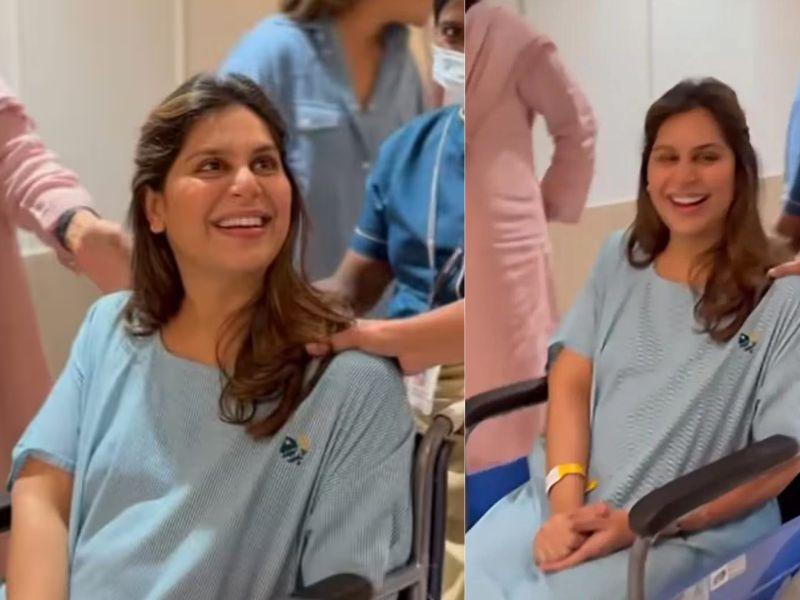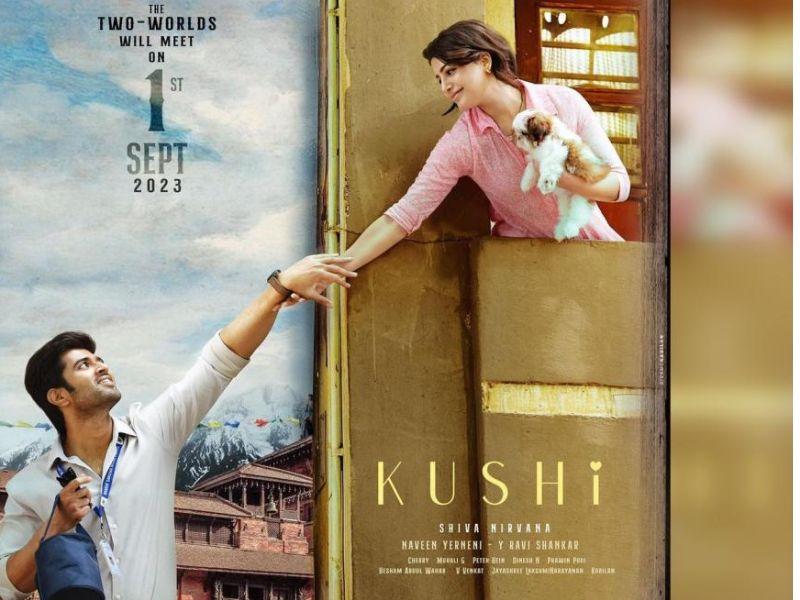Prime Video, a popular entertainment platform in India, has released the latest edition of the O Womaniya! report, a comprehensive study on the representation of women in the Indian entertainment industry. This report, researched and curated by media consulting firm Ormax Media, in collaboration with Film Companion, evaluates the presence of women in various aspects of content production, marketing, and corporate leadership in the Indian entertainment sector.
Several industry leaders have expressed their commitment to improving female representation in entertainment. They have pledged to promote diversity in their projects, include women in writer’s rooms, and adhere to government-mandated PoSH (Prevention of Sexual Harassment) guidelines. These leaders include Supriya Yarlagadda, Supriya Menon, Daggubati Suresh Babu, Shobu Yarlagadda, Alia Bhatt, and Aparna Purohit.
The report analyzed 156 films and series released in 2022 in eight Indian languages, revealing insights into the changes in the industry since 2021. Prime Video, along with other industry partners, supported the report’s efforts to drive positive change in female representation.
Key findings of the report include the underrepresentation of women in high-ranking creative positions, a decrease in the number of properties passing the Bechdel Test, limited talk time for women in trailers, and low female presence in director and CXO positions in major media and entertainment firms.
Shailesh Kapoor, Founder & CEO of Ormax Media, highlighted the need for the industry to focus on inclusion seriously. Anupama Chopra, Founder & Editor of Film Companion, emphasized the importance of inclusivity and diversity in the entertainment industry.
Aparna Purohit, head of Originals at Prime Video, underlined the significance of diversity, equity, and inclusion, expressing the organization’s commitment to promoting female representation. She noted that O Womaniya! is a collective effort to unite the industry in championing greater female inclusivity.
The report also explained the Bechdel Test, a measure of gender representation in content, and introduced the concept of Trailer Talk Time, a new test to evaluate how content is marketed based on speaking time allocated to male and female characters. Trailer Talk Time results indicated a dominance of male perspectives in content marketing.










